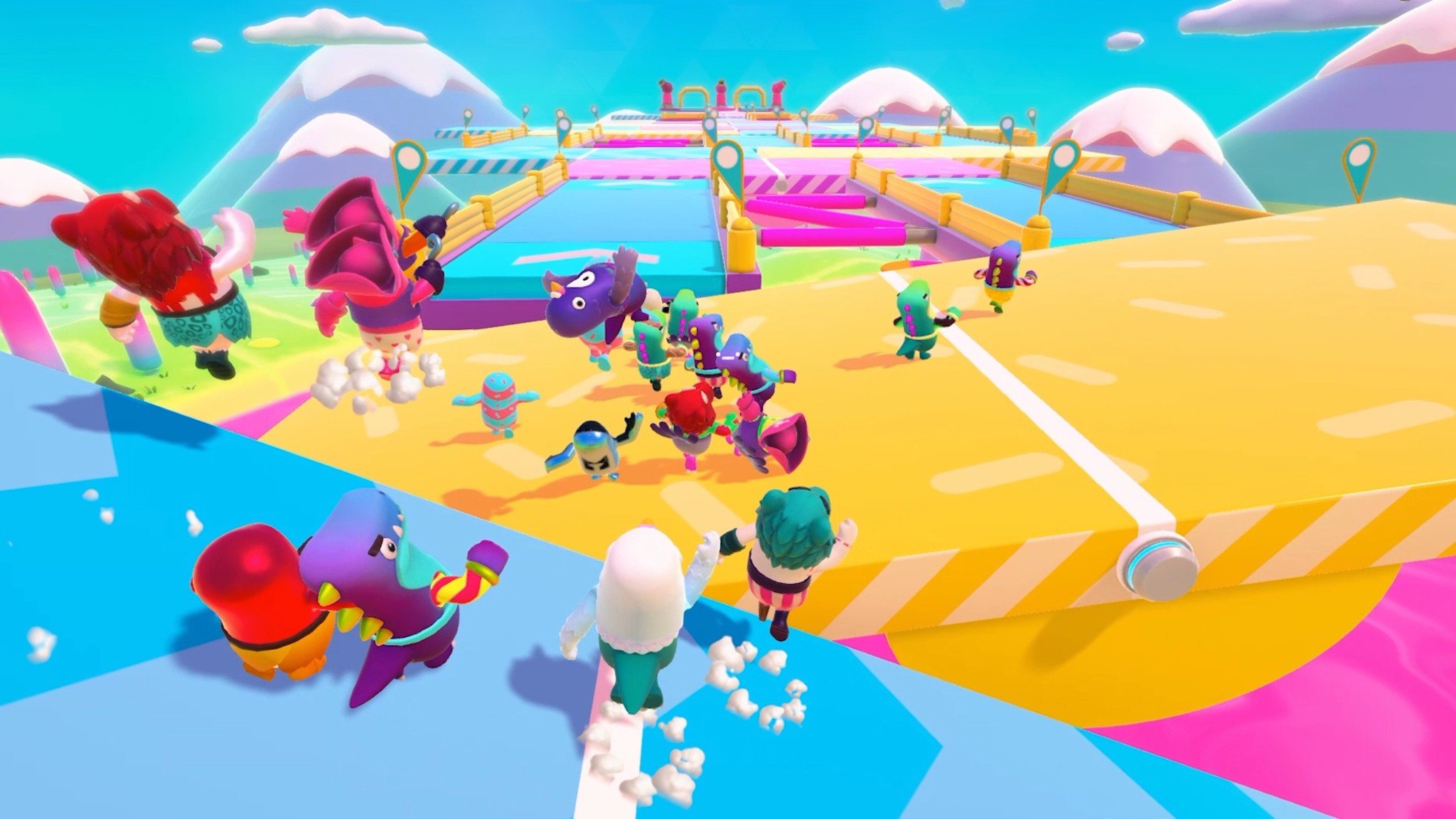What you need to know
- Unity has canceled its Runtime Fee for gaming customers, effective immediately.
- Last year, Unity announced the controversial Runtime Fee that would charge developers on a per-install basis.
- Unity adjusted its Runtime Fee following backlash from developers and the gaming community, but the company has now ended the fee altogether.
Unity just canceled its controversial Runtime Fee. One year after announcing the fee that charged developers on a per-install basis, Unity has backtracked from the change. When announced, the Runtime Fee sparked controversy and complaints, eroded consumer trust in Unity, and ultimately resulted in Unity’s CEO leaving the company. Now, it appears the new Unity CEO and the rest of the company want to rebuild the trust they lost.
“After deep consultation with our community, customers, and partners, we’ve made the decision to cancel the Runtime Fee for our games customers, effective immediately,” said Unity President and CEO Matt Bromberg.
The CEO referred to consultation with the community over the past three months and how feedback shaped the decision to end the Runtime Fee. Following that feedback, Unity will revert to its seat-based subscription model. Bromberg outlined the pricing structure for Unity going forward:
- Unity Personal: As announced last year, Unity Personal will remain free, and we’ll be doubling the current revenue and funding ceiling from $100,000 to $200,000 USD. This means more of you can use Unity at no cost. The Made with Unity splash screen will become optional for Unity Personal games made with Unity 6 when it launches later this year.
- Unity Pro and Unity Enterprise: We’ll be modifying subscription pricing and the qualifying annual revenue thresholds, effective January 1, 2025. These changes will apply to all new and existing Unity Pro and Enterprise customers when you purchase, upgrade, or renew a subscription on or after this date.
- Unity Pro: An 8% subscription price increase to $2,200 USD annually per seat will apply to Unity Pro. Unity Pro will be required for customers with more than $200,000 USD of total annual revenue and funding.
- Unity Enterprise: A 25% subscription price increase will apply to Unity Enterprise. Unity Enterprise will be required for customers with more than $25 million USD of total annual revenue and funding. A minimum subscription requirement may also apply. Because this set of our largest customers have unique needs and use many of our products and services, we’ll be contacting everyone in the days ahead to discuss customized packages.
Unity is a popular engine for game development, due in part to its relatively low fees. There are big-name titles powered by Unity, but the Runtime Fee presented a particular challenge for smaller teams.
Last year after Unity apologized for the Runtime Fee (but kept the fee in place for some), the company was left with eroded trust by the gaming community.
“Obviously it’s good that Unity is making any changes and listening somewhat, but the sheer nature of how things unfolded makes it hard to not be cynical about this company,” said our Samuel Tolbert at the time.
“Trust between Unity and developers wasn’t damaged, it was shattered entirely, and while this move certainly assuages fears around existing games, it doesn’t do anything to assure a publisher or indie dev that this kind of thing won’t happen in the future.”
Now that Unity has backtracked entirely on the Runtime Fee, we’ll have to see if the opinions of gamers and those in the industry changes.





